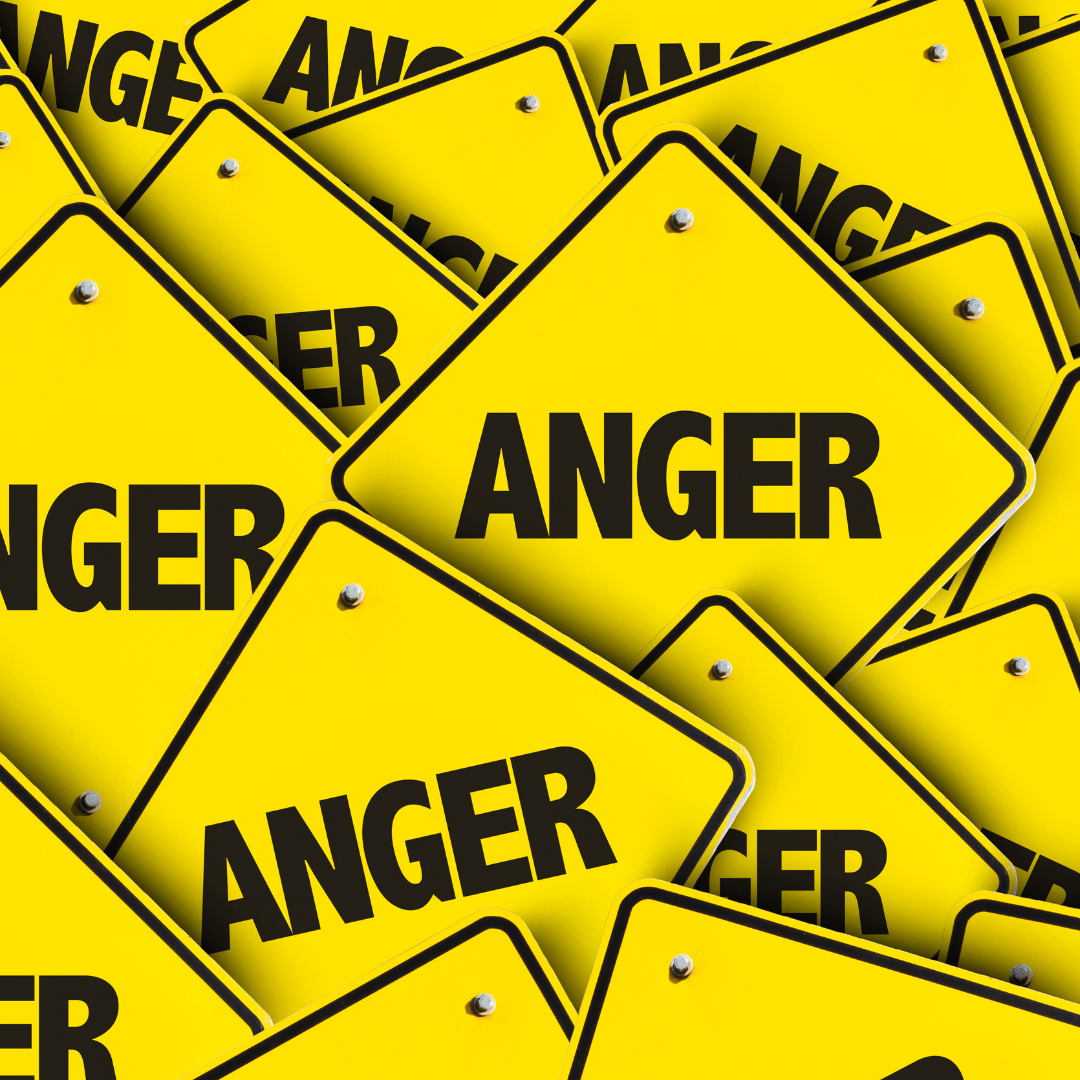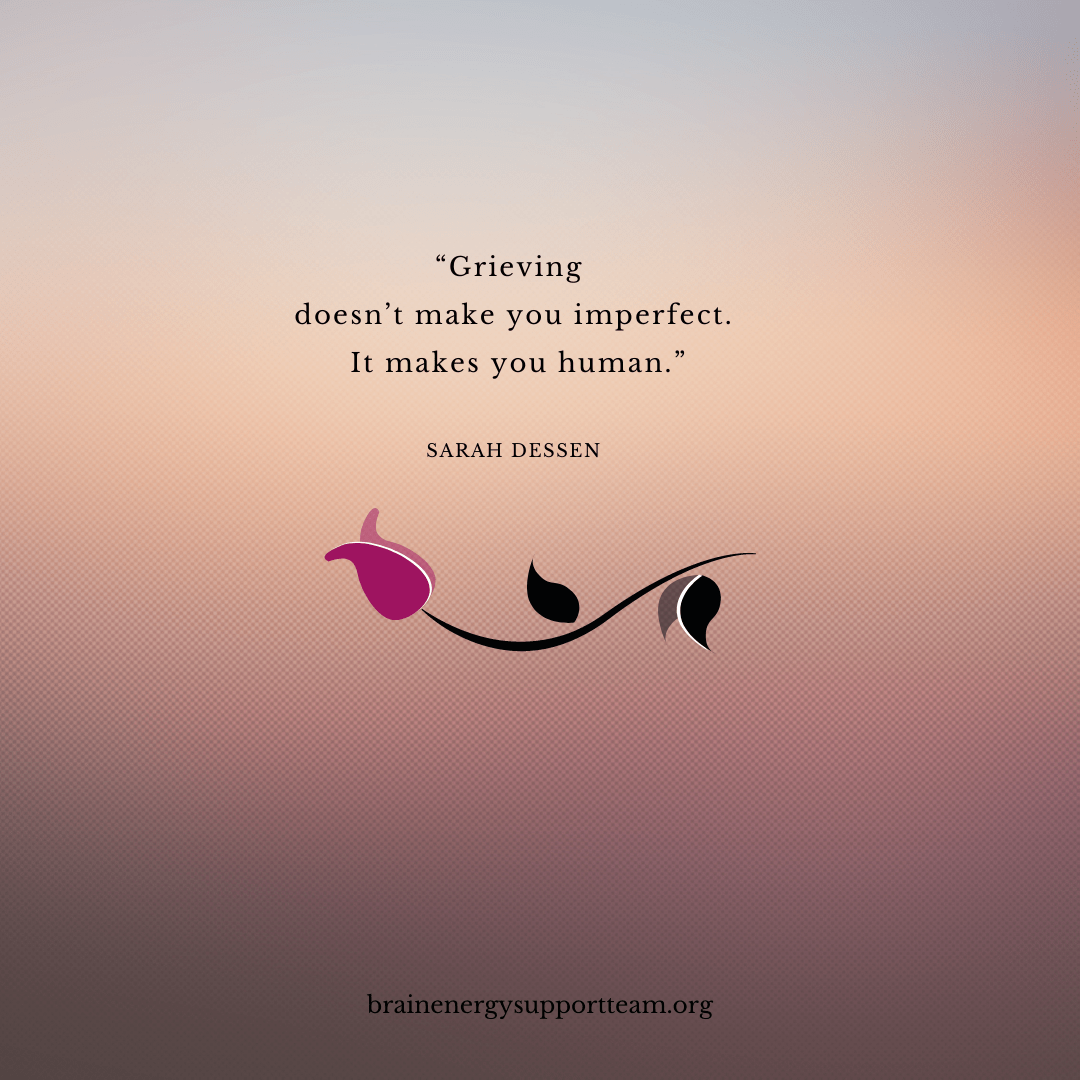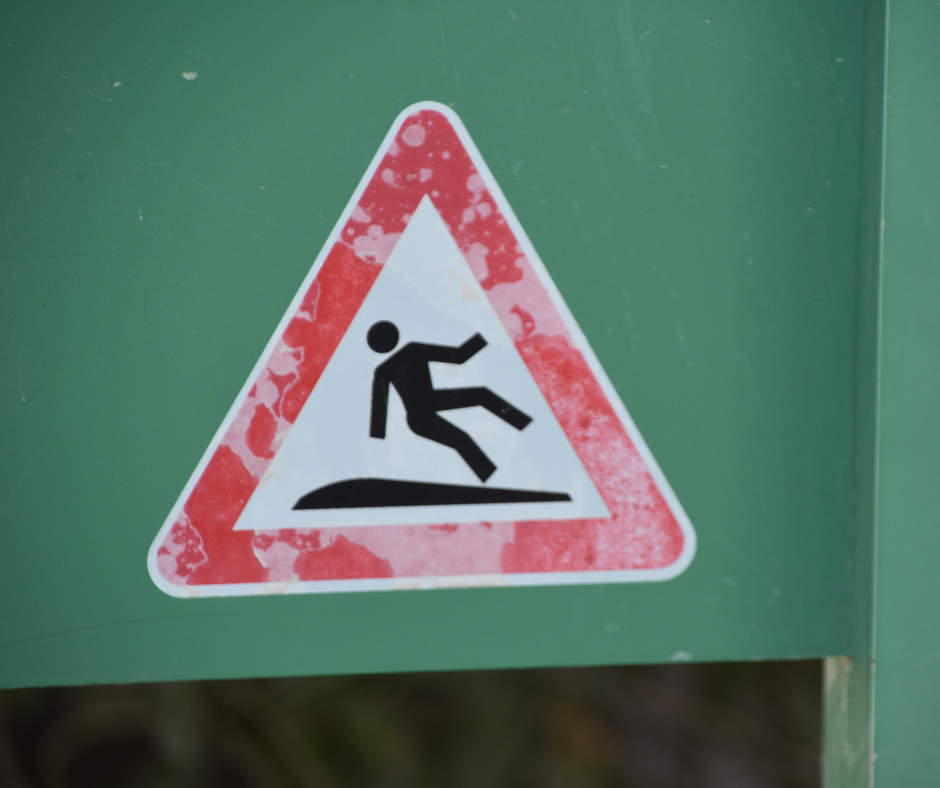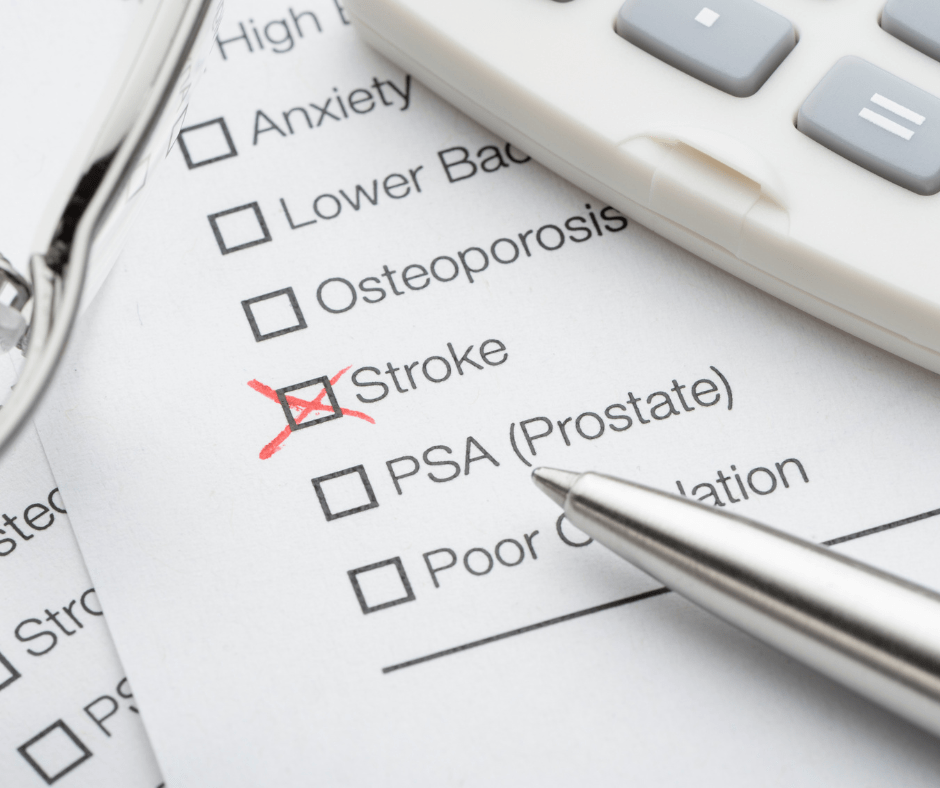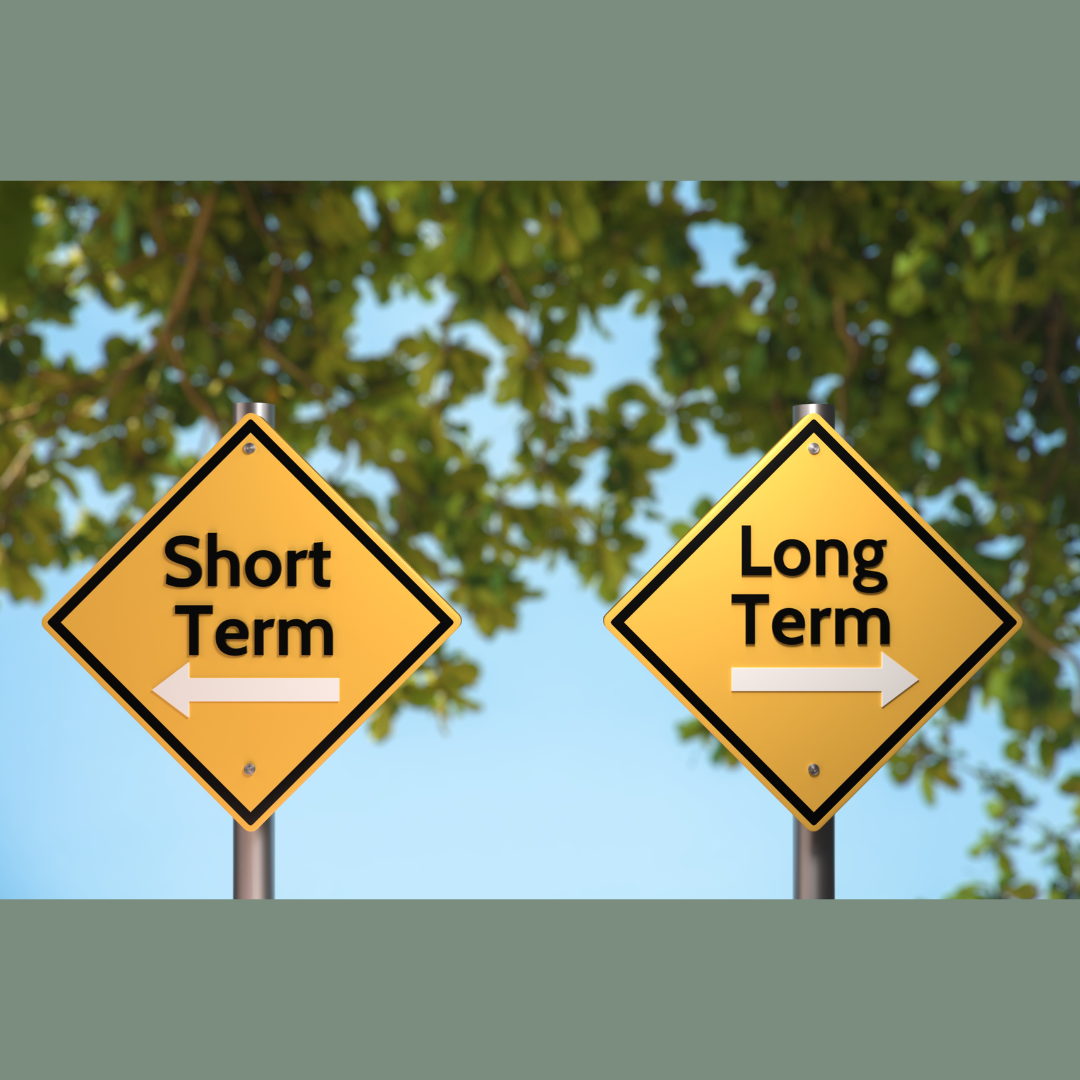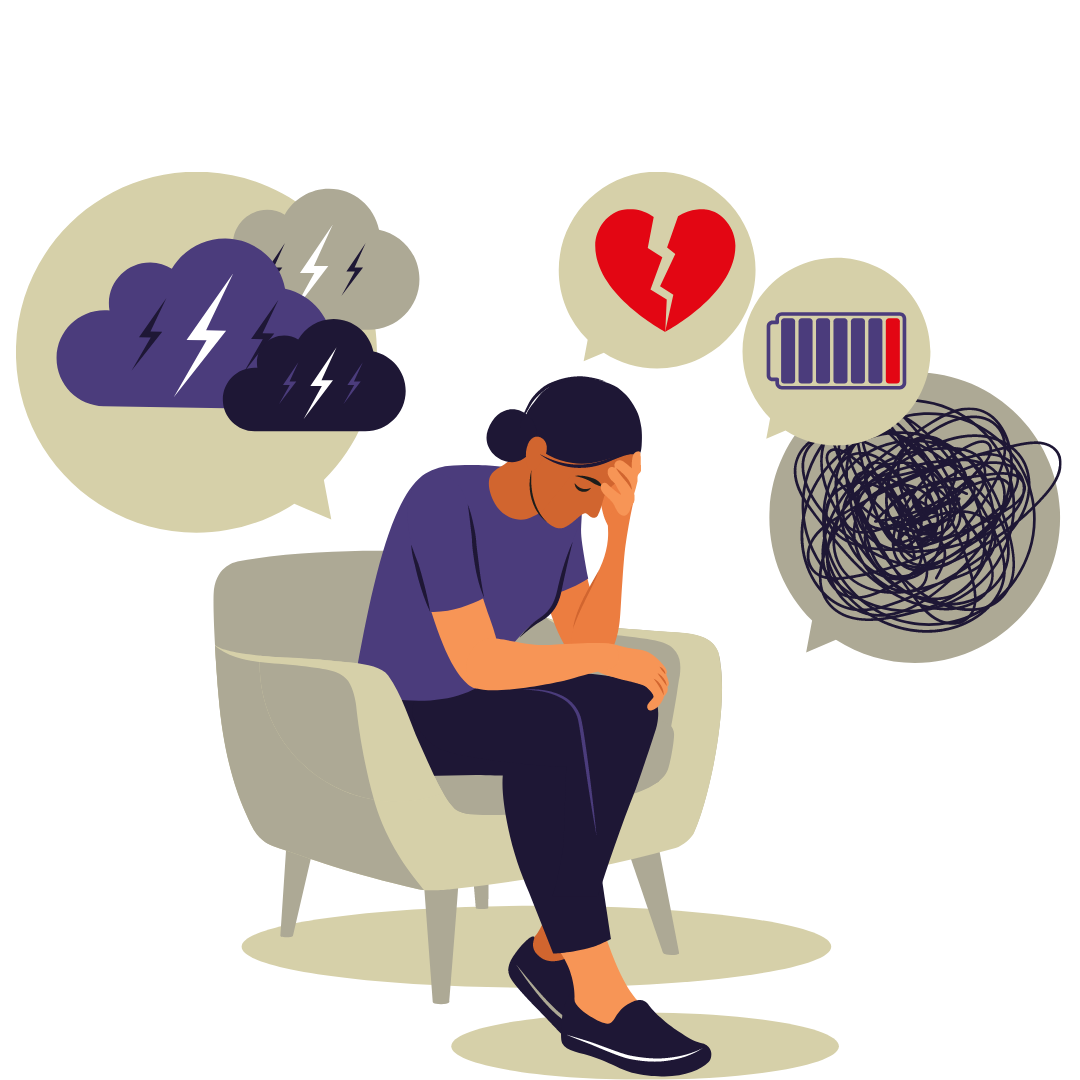 A traumatic brain injury (TBI) really is the gift that keeps on giving.
A traumatic brain injury (TBI) really is the gift that keeps on giving.
They’re just not the kind of gifts anyone wants to get.
After my TBI, I learned this the hard way. Suddenly, I had long-term mental and physical problems I never had experienced before: constant fatigue and muscle weakness; loss of mental clarity at times; difficulty focusing and concentrating; extreme drowsiness in the afternoons; dizziness; and feeling like my brain shuts down around crowds, bright lights, loud noises.
It’s a whole laundry list of symptoms. Sometimes I feel as messed up as a soup sandwich.
This is what I considered as my new normal.
Then I found out someone, who is cleverer with names, came up with one for all things I go through: neuro-fatigue. Neuro-fatigue has effects on both our mental and physical functions. From what little I’ve read on the subject, it seems nobody quite knows what causes neuro-fatigue.
I have strong suspicions that it has something to do with a stroke I had once.
Neuro-fatigue is kind of hard to define in simple words, but it’s easier to describe its effects: exhaustion, tiredness, weariness or lack of energy are just some of the symptoms. And these aren’t just feelings people have occasionally; TBI survivors live with this condition, every day, all of the time. Some days the symptoms can be somewhat better, other days somewhat worse. It can vary with different people, because as we know, no two traumatic brain injuries are alike.
But these symptoms are common to many, or most TBI survivors.
The symptoms can be quite long-term; I know people who have these symptoms for years. The only way I can think of to affect neuro-fatigue is to eliminate the cause; that is, to use a time machine to go back and avoid the trauma-causing event.
But since my time machine is on the blink, all I can really do is manage the symptoms the best I can.
While I’m no expert on the subject, I do have some workarounds that seem to work for me.
I’ve read that the reason I have low energy days is because I do have low energy; my brain and body just aren’t providing me as much energy as before. It can really hits me hard in the middle of the day. There’s not much I can do about that, but since I know it usually hits in mid-afternoon, all I can do is not plan any activities for that time of day and plan to lay down and close my eyes.
I learned that some medications make some of my symptoms worse. Any medication with the warning on the label, may cause dizziness or drowsiness, WILL make my usual dizziness or drowsiness even worse. My primary care doctor is good enough to prescribe other medications that don’t hit me quite as hard. Those symptoms are still there, but they’re not as severe as with other medications.
Before my stroke, everything seemed effortless–my mental and physical abilities were good, and I usually had plenty of get up and go. Now everything is difficult and takes much more physical and mental energy and makes me tire quickly and easily.
All I’ve come up with for that is to not compare my new self to my old one. I tell myself it’s just a matter of time before I get back to what I was, and all I can really do is do the best I can every day, all of the time. Some days when I can’t get going, I must forget how much I used to get done and just go with the new normal.
I celebrate every little victory and give myself credit for them.
I can’t do much about the times when my ability to focus for very long or 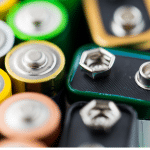 concentrate on something just aren’t there. What I can do is put it aside for later and wait for a time when I can dig into something and get it done. Like this essay–I got into it and then my brain went into what my friend Heidi calls battery saver mode. If I had tried to force my way through it yesterday this essay would have come out as a jumbled mess. Maybe it did; I’ll let you be the judge.
concentrate on something just aren’t there. What I can do is put it aside for later and wait for a time when I can dig into something and get it done. Like this essay–I got into it and then my brain went into what my friend Heidi calls battery saver mode. If I had tried to force my way through it yesterday this essay would have come out as a jumbled mess. Maybe it did; I’ll let you be the judge.
There are times when I can’t reschedule something, like when I’m in the middle of saying something and forgot what I was going to say. There’s not much I can do about that but try to power through and weather the storm. Depending on who I’m talking to, sometimes I can kind of make light of it and move on.
I hate it when I think of what I wanted to say later that day after I’m out of the situation. I think that probably happens sometimes to most people, though.
As I said before, and as many TBI survivors go through, I have a hard time with loud noise, crowds, and bright lights. They can turn me into a quivering pile of mush. I avoid going to nightclubs, sporting events, bowling alleys–any activities where those things are a big part of the environment. If I find myself in an uncomfortable situation all I can do is excuse myself and go wait in the car or something.
As I’ve written before, it’s advisable to try to balance activities with down time. I make it a point to try to get something done every day and then get some me time. Some days I just don’t have the energy to do much, so I do as much as I can without pushing myself, then do something that’s not strenuous that I enjoy. Some days all I can manage is to sleep all day and I don’t push myself on those days. I experience both drowsiness and insomnia; I try to work around the two extremes. When I can’t sleep, I take a couple of Benadryl tablets on my doctor’s recommendation, and it seems to help. Drowsiness can come on at any time without the Benadryl, and all I can do is go with it and hit the pillow for a while.
However not everything with neuro-fatigue is physical.
Pretty much everyone with a TBI knows that feeling of isolation and loneliness that can come with it. People who have never been though it doesn’t understand. People may think it’s all in your head (it is, just not the way they think). They may think you’re making excuse, lazy, crazy or all the above.
But it’s necessary to have people around who understand or are just compassionate. If they’ve never walked a mile in your shoes, all you can really do is try to explain how you feel and what causes it. You can let them know what to look for in your behavior, so they can cope and help you cope. But tell them so they know; they’re not mind-readers. These supportive people can, and should be, family, friends and caregivers.
It can be frustrating when they don’t understand though; just keep trying and try not to take out your frustration on them. As much as you want understanding, try to make it a two-way street. I’m lucky I have supportive and understanding people in my life. They help keep me from feeling alone in a small world of my own where I’m the only inhabitant. And people who read my words and send me comments help with that as well.
Living with neuro-fatigue isn’t easy. But I’m learning to live with it. There’s more to it than what I’ve written here, but I think I touched on some of the more important points. If any of it helps, I’m happy. And I’m open to any ideas you may have.
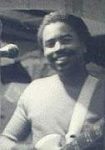
Isaac Peterson grew up on an Air Force base near Cheyenne, Wyoming. After graduating from the University of Wyoming, he embarked on a career as an award-winning investigative journalist and as a semi-professional musician in the Twin Cities, the place he called home on and off for 35 years. He also doesn’t mind it at all if someone offers to pick up his restaurant tab. Peterson also welcomes reader comments. Email him at isaac3rd@gmail.com.

